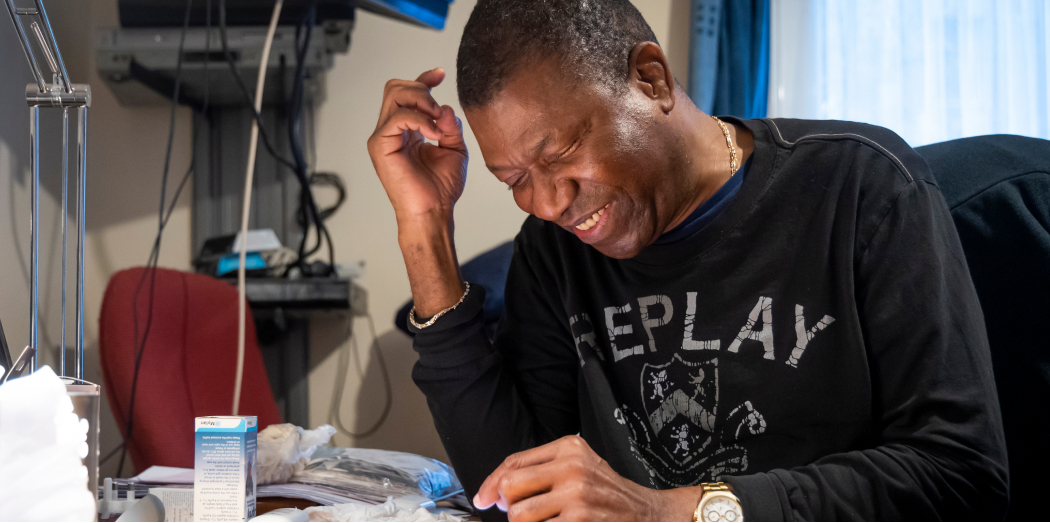POWER Exercise for Stroke Recovery (POWER): Ensuring fit for diverse abilities after stroke
2024 Undergraduate summer research FEllowship
Awarded to: Juliano Abreu
Supervisor: Ada Tang, FHS
Power training is a novel strategy to improve strength and functional ability within aging populations,
and even more so with stroke. The body of research focused on strength training after stroke is small,
and power training even smaller. This may be due in part to prior stigmas that higher-intensity exercise is not attainable, especially for people with lower levels of function. This past year we conducted a single group feasibility study of a 10-week power-focused training program in 15 people living with stroke. To accommodate participants with a broad range of abilities, we provided variations to the exercises to ensure that POWER was accessible. These modifications demonstrated that power training is well tolerated within aging populations with stroke.
For my MIRA USRF, my project will aim to answer 3 research questions:
1) On average, what percentage of exercises were modified across all participants?
2) Which exercises required modifications and how were they modified?
3) What are the characteristics of participants who required modifications to the exercises?
This summer project will present findings on the ability to adapt power training for people with stroke, suggesting that high intensity power training is well tolerated when paired with the necessary modifications. Importantly, work from my USRF project will be used to develop an exercise manual of POWER that uses knowledge user feedback to advance us towards the next steps in examining the effectiveness of POWER for stroke recovery.


